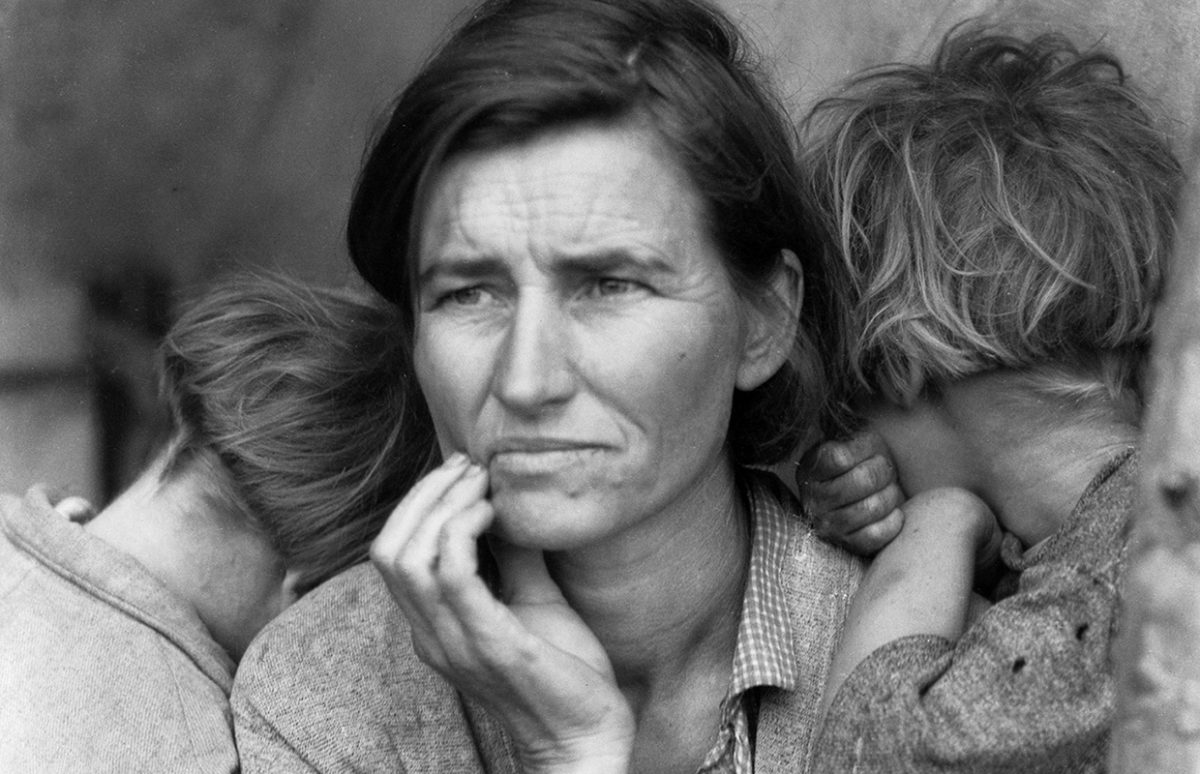
The Jeu de Paume museum in Paris is hosting an exhibition of Depression-era photographer Dorothea Lange’s work from 16 October to 27 January. It’s a wonderful subject for class work, and has inspired our Ready to Use Resource and a competition for pupils. Dorothea Lange (1895-1965) documented some of the most traumatic aspects of U.S. … Continue reading “Dorothea Lange Exhibition: Teacher and Class Visits”
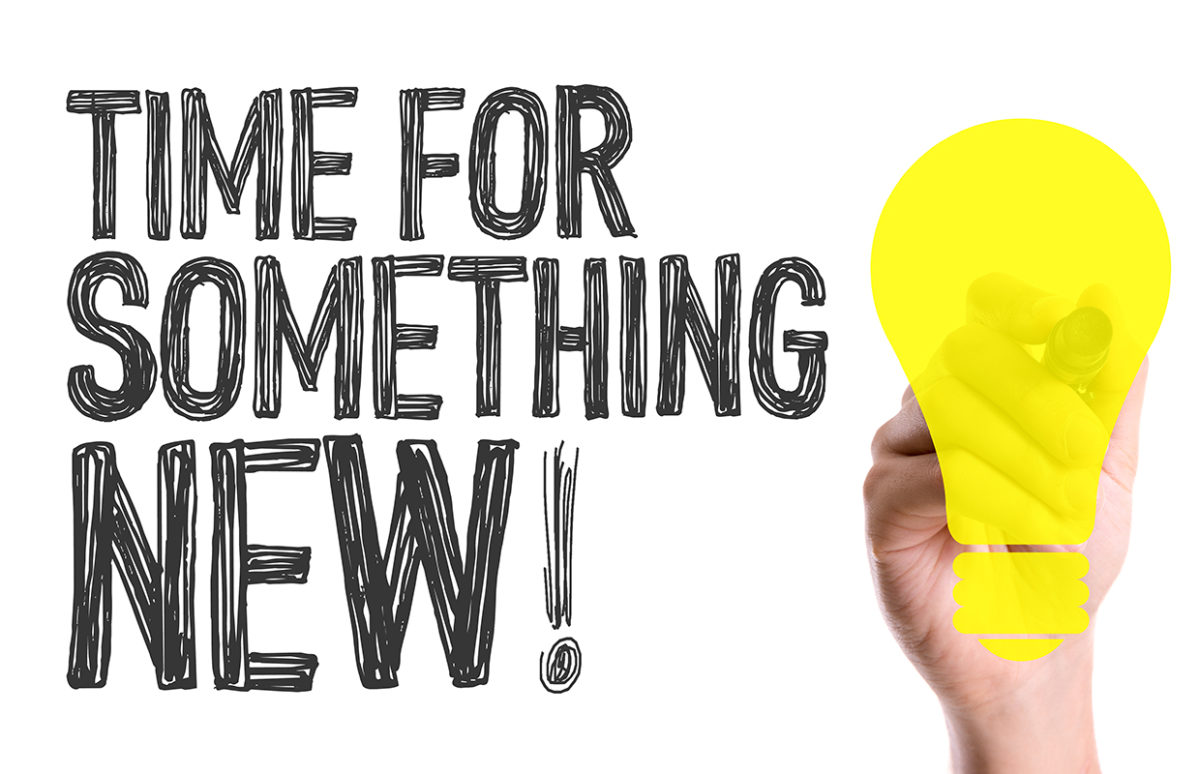
Nous serions ravis de recevoir des exemples d’erreurs génériques que vos élèves font tout le temps afin de vous proposer en retour des méthodes efficaces pour aider les élèves à éviter ces erreurs. Par exemple, confondre les noms dénombrables et indénombrables : “I read much books.” Ou se tromper dans l’ordre des mots: “I speak very well … Continue reading “Help Us Help You Avoid Student Errors”
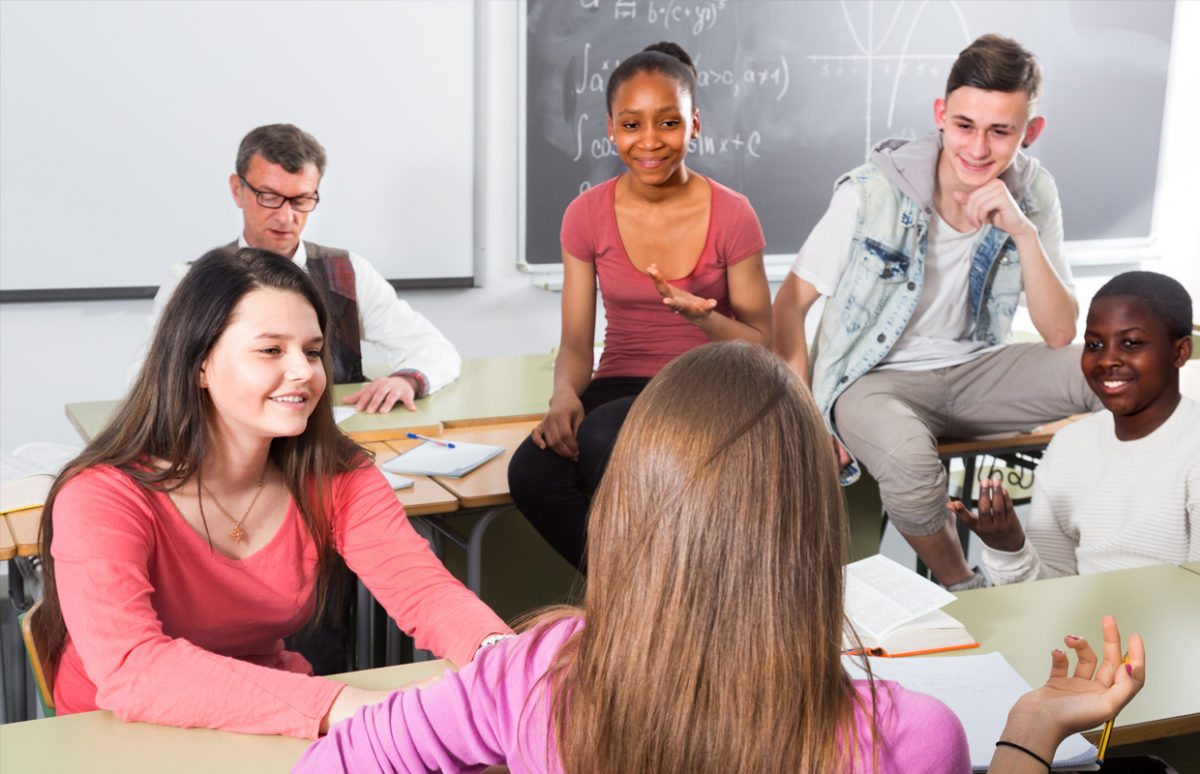
Parmi les idées d’évolution du Baccalauréat figure la perspective d’un « grand oral » qui valoriserait les compétences de l’oral. Or, la confiance nécessaire pour parler devant ses camarades, toute la classe, voire un jury, n’est pas innée et les élèves doivent y être régulièrement entrainés. Les langues peuvent jouer un rôle non négligeable dans … Continue reading “Oral Participation in Class: Ideas from Britain”
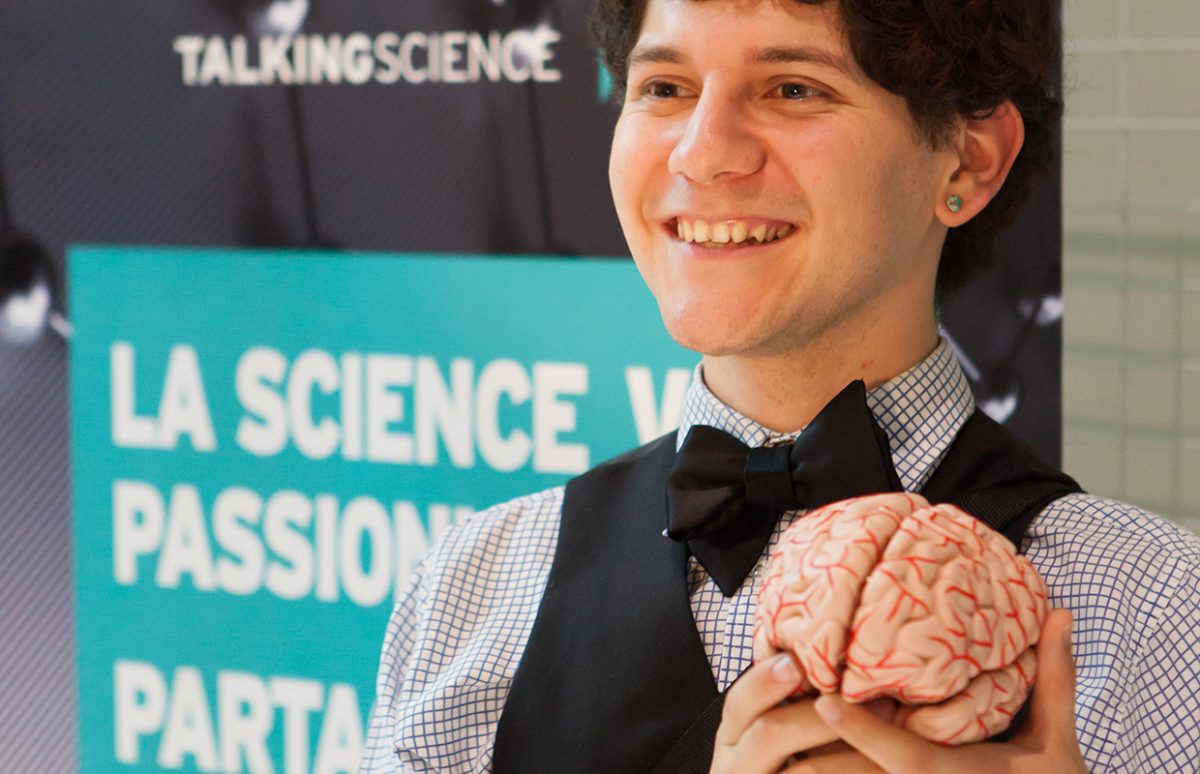
If you know a great science communicator – maybe a teacher doing DNL lessons for classes européennes – let them know about the British Council FameLab competition. Participants need to explain a scientific concept for non-experts in just three minutes! And why not have your pupils do something similar? FameLab is an international competition with … Continue reading “Talking about Science Competition”

After the terrible school shooting at the Marjory Stoneman Douglas High School in Parkland, Texas, gun control is once again very much in the news. Here are suggestions of ways to broach this topic in class. The Parkland students have been very active in calling for greater gun control and safety in schools (see our … Continue reading “Gun Control Teaching Resources”
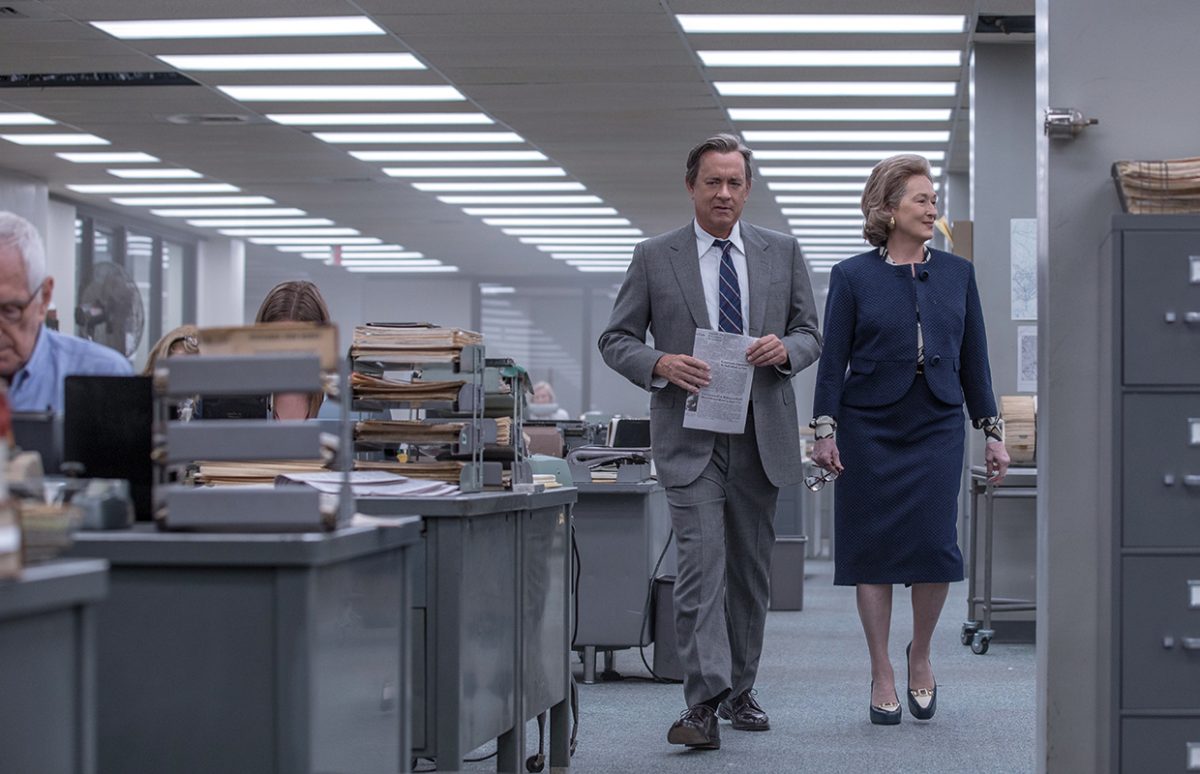
The Steven Spielberg film The Post, starring Meryl Streep and Tom Hanks, is an excellent resource for working on the press and the media as part of éducation aux médias. It would work very well with the theme for this year’s Semaine de la presse à l’école: Where does the news come from? The Semaine … Continue reading “Pentagon Papers Webpicks”
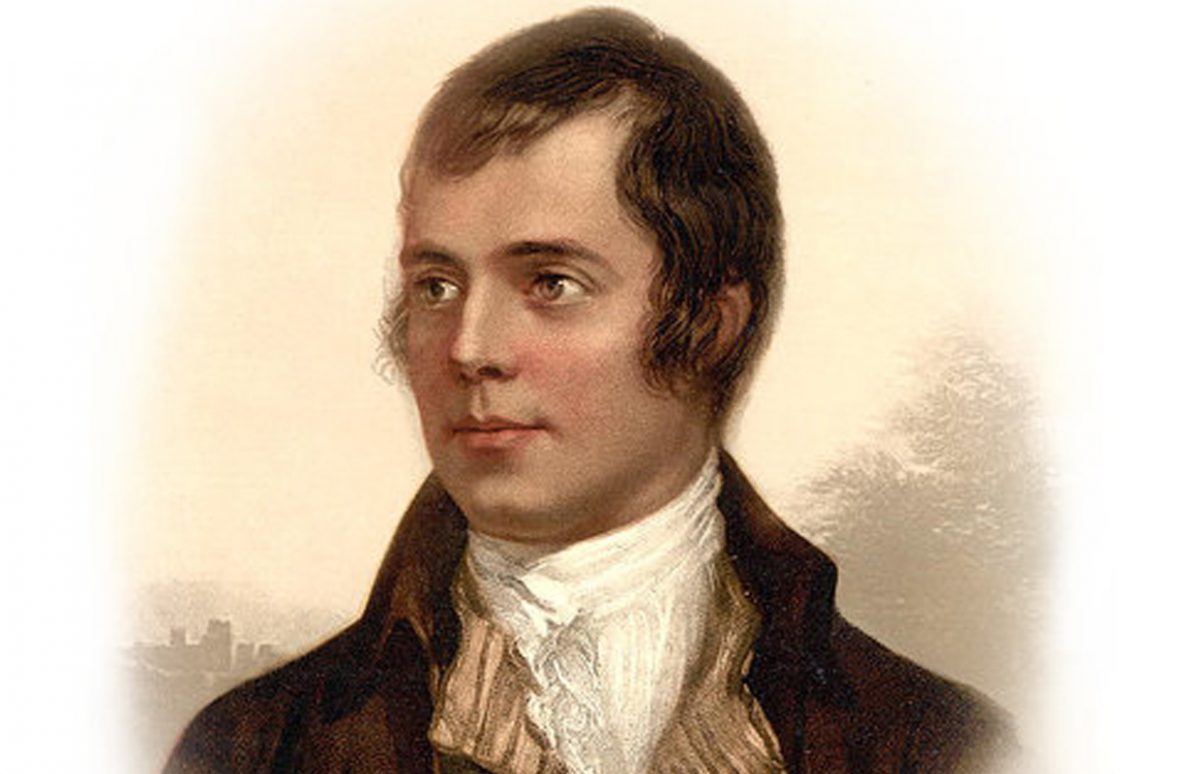
Scots celebrate their national poet, Robert Burns, on 25 January each year. These ebooks are useful for classroom work about the poet and the event. To find out more about Burns Night, check out Visitscotland’s ebook “Hold Your Own Burns Supper”, which includes recipes, information about the poet and a great video of traditional ceilidh … Continue reading “Robert Burns Digital Resources”

Les dernières avancées en neurosciences cognitives, autant qu’en anthropologie et histoire de l’humain, nous renseignent sur la relation entre le geste de la main droite et la gestuelle articulatoire par le biais de l’aire de Broca (production de la parole). En analysant l’histoire de l’évolution du cortex humain, on comprend comment la parole s’est jointe … Continue reading “Didactique ou neurodidactique de l’anglais oral ?”

C’est l’histoire d’un enseignant qui se dit que le temps passé à faire des photocopies et corriger les exercices du workbook effectués plus ou moins sérieusement par ses étudiants pourrait être bien mieux investi. Mais il ne connaît personne pour l’aider à faire autrement, il n’en a pas le temps. Pourtant, en prenant son temps … Continue reading “Histoires virtuelles entre professeurs”
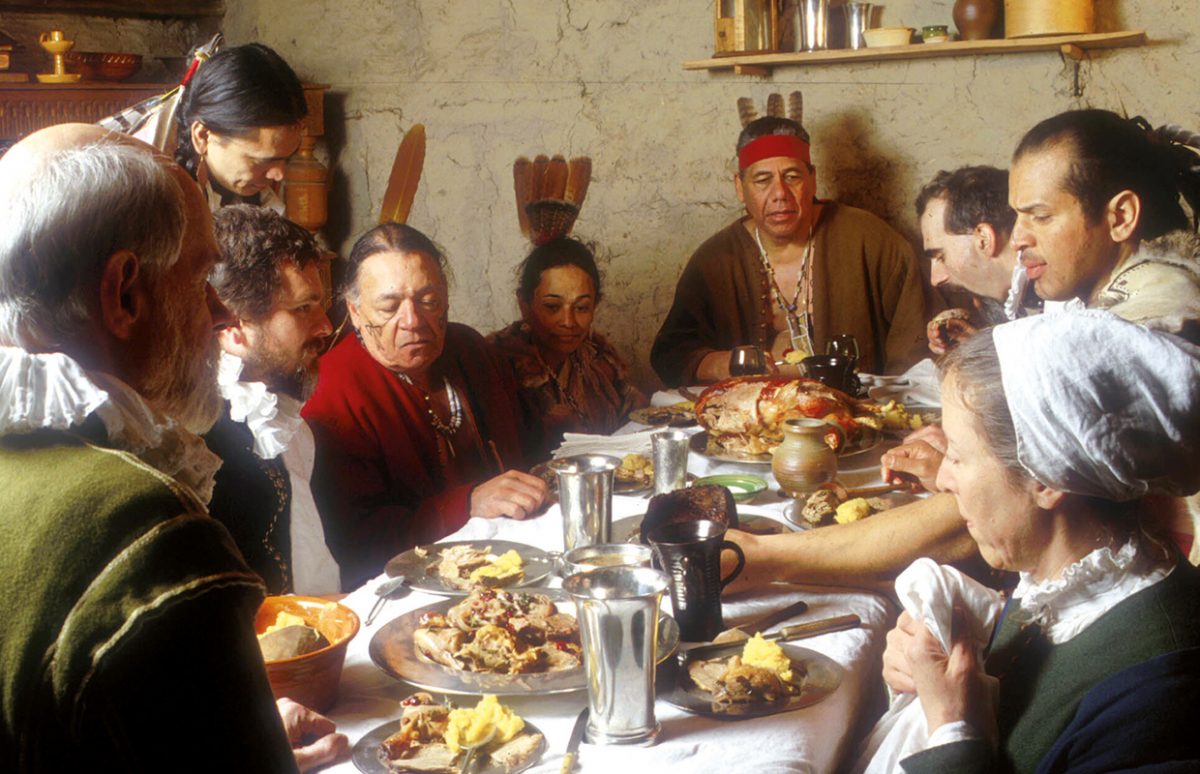
If you want to discuss Thanksgiving with your class, there are some really useful sites and online resources. This site has lots of pictures and information about the first Thanksgiving in the U.S.A., in 1621, when British colonists, or Pilgrims, invited the Wampanoag Native Americans to a big meal to thank them for teaching them … Continue reading “Thanksgiving on the Web”














